An antihero is popularly defined as ‘a character in a story without conventional heroic qualities or attributes, like courage or morality.’
That’s a little simplistic.
The true antihero is an unrepentant sinner. He frogmarches himself into his own personal hell. And as you can imagine, we the readers or spectators, aren’t meant to ‘enjoy’ the journey.
We’re meant to be exhausted by it. To learn from it. To see how our own titillation at their desperate excitement and adventure is the same that can thrill us down the wrong road too.
Antihero stories don’t exist for the same reasons as hero stories. They’re just as important, for different reasons.
And I see them as a perennial antidote to self-righteousness – the most common of human projections.
Morals, culture, and self righteousness
Stories about moral or martial heroism exist to highlight cultural ideas, to create symbols of action that we can admire and mimic.
Antiheroes are a different lot. Loki, Francis Underwood, Turin Turambar,… They’ve been around since the dawn of story, and we enjoy them perhaps with a guilty pleasure.
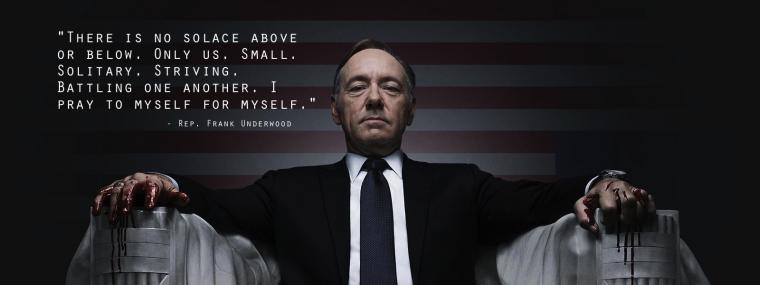
Anti heroes play an important role. We root for them because they tap into deep, human needs. The drive to thrive, to succeed, to win, to outwit.
But we aren’t always sure we should root for them.
That’s because the point of an antihero is to model a different path. Their story is all about the ‘wages of sin.’ The effects of human freedom gone wrong.
This is why they won’t go away. They never have, and they probably never should.
The more a culture of people become comfortable with the idea of virtue, and consent to agree on acceptable patterns of behavior, the more self-righteous we become.
We can see this soul-state rampant among the first world west – held up as a virtue.
Self-righteousness is marked by an easy willingness to blindly point out the sins and flaws of others. To be unwilling and even unable to realize that we are pointing out our own.
Self-righteous specialists know how to twist and bend the rules of law. How to work and tweak what’s acceptable to get the job done. Pharisees, mafia, narcissists, obsessives, conspiracy activists… all are convinced of our goodness, and the justice of our lives.

We become the ultimate pragmatists, able to make any sacrifice necessary. Laws don’t apply to us. All moral and physical tools are acceptable to get the job one. Morality is simply the boiling point for a culture of frogs, a façade we maintain to stay undetected.
All of us have a bit of this snake in us. We all have the same flaw. That’s the risk of being free.
But many of us don’t think through the repercussions of our choices. We assume that an unseen choice remains unfelt, unheard, unnoticed.
Some characters, like Yennefer of Vengeberg, or Tyrion Lannister, aren’t antiheroes. They might be, if their stories ended in Season 1, for example. But their stories continue, and we see that they are, instead, flawed heroes.
The drama of justice
The role of an antihero story is to dramatize those repercussions. To shorten timeframes. To compress karma – the effects of bad choice on self, society, and future. To highlight the horrors of fleeing dharma – the responsibility to good action.
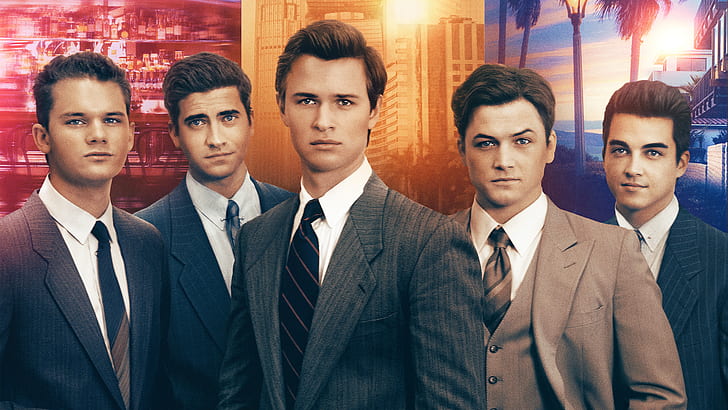
That’s why we are gifted personal judgement in the moment of death, the tallying, weighing, and measuring of each moment as we step into eternity. We will comprehend our whole lives in an instant, and finally see the deep, inner thrust of grace, grit, and greed, and how we chose to act.
We are also gifted the universal judgement at the fulfillment of time, when all threads are tied off, and all ripples of effects finally fade into a still standing wave. We can then see the full impact of our secret and social choices, how they interwove and repeated and echoed in the lives of others, both the radiant good ones, and the abortive bad ones.
Stories of antiheroes, like most stories, are about dramatizing judgement before death. They help us see the result of our gleeful murder of friendship, our betrayal of life, our secret selfishness.
We’re not meant to root for them.
Stories are such strange and fascinating things. Whether we like them or not, they are a portal to live someone else’s life, from the inside out. Their lives may be rotted through with all sorts of wormy seams. The question for us is are we learning the lesson, or drawn to serialized antiheroes like moths to a séance?
Antiheroes and flawed heroes
Flawed heroes are one thing. Most adult fiction steps away from our childhood hunger for black and white silhouettes, and descends into the dappled realities of colorful life. But stories where the heroes never learn, and where we never do either, is the fast food of the story world. Pulp fiction has its place, and it is meant to have low expectations.
Take ‘Game of Thrones’ for example. It builds an world unapologetically rife with men and women teetering between good and evil. And yet, all that isn’t the point of the story.
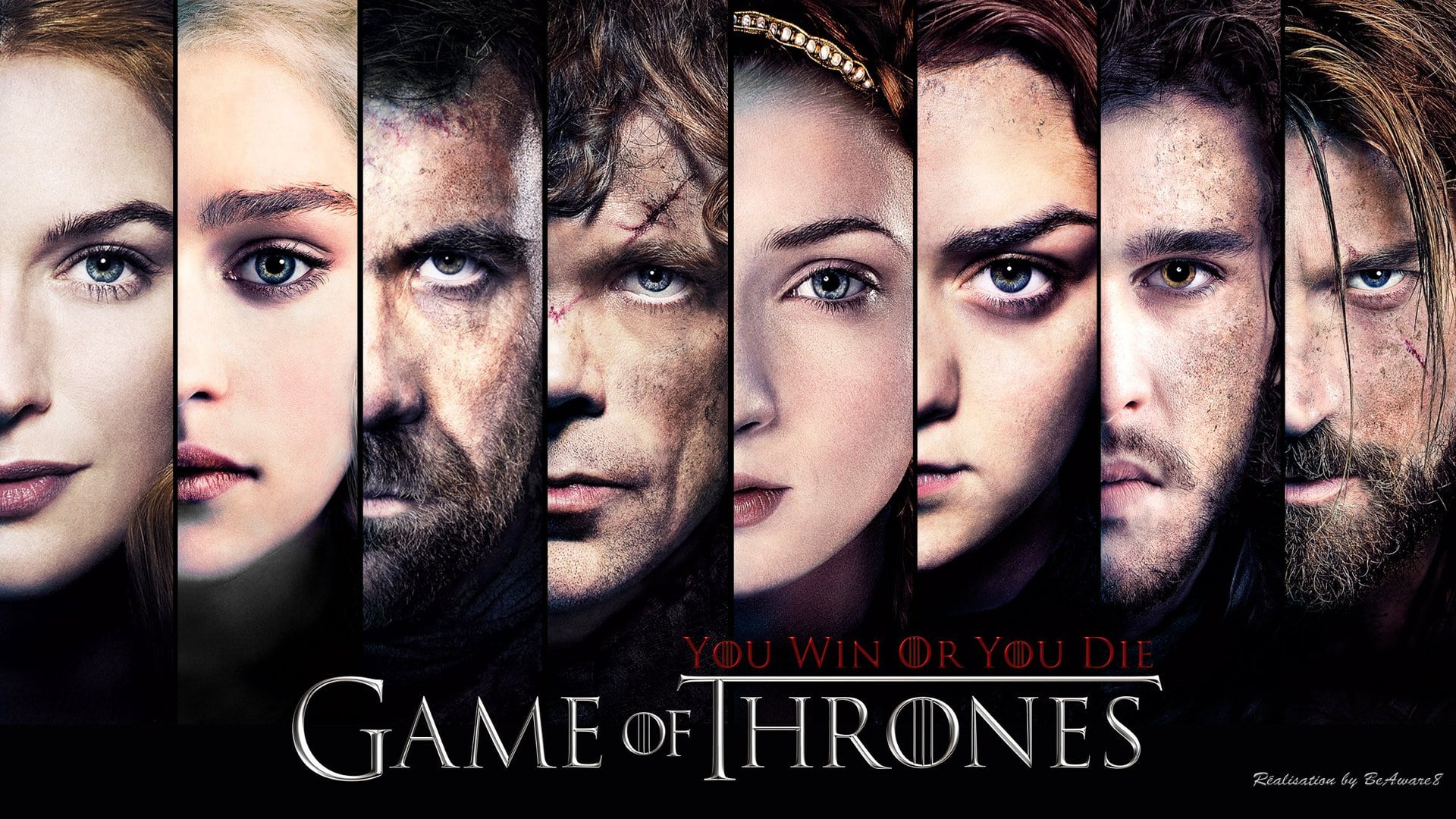
The chilling emergence of the Night King is the countdown. And all these kingdoms, riddled with every possible sin, has no capacity for truth and compelling action. This series shows how sin is a spiritual AIDS that saps us of everything worthwhile. And yet, out of the morass, some decisions and examples can ring true loud enough to save lives.
It’s a different kind of story to ‘Lord of the Rings.’ It’s for a different audience.
Antihero stories circle a core truth; how prepared are we for the great truths of the world, when we’re incapable of being honest with our own glutting weaknesses? I thoroughly enjoyed the wry horror drama of YOU, because it dramatizes our constant dissatisfaction with the good in our lives. The everturn back to weakness. Antiheroes are the ghosts that should haunt us when we face difficult choices.
The ‘best’ of us
We who are convinced we’re the best are probably the ones who need these stories most.
The Frollo’s from The Hunchback of Notre Dame, the High Sparrows, Nina’s from the Black Swan, are the kinds of people who don’t ‘convert’. They don’t have a capacity to turn from their obsessions, because they have rationalized so much of it into righteousness.
And that’s the drama of those stories. To understand how trauma and trial and theologizing can create syllogisms of sin that bind. A circling snake eating its tail, unable to break free. The only thing that can free antiheroes from such steel cells and inner prisons is time, and suffering.
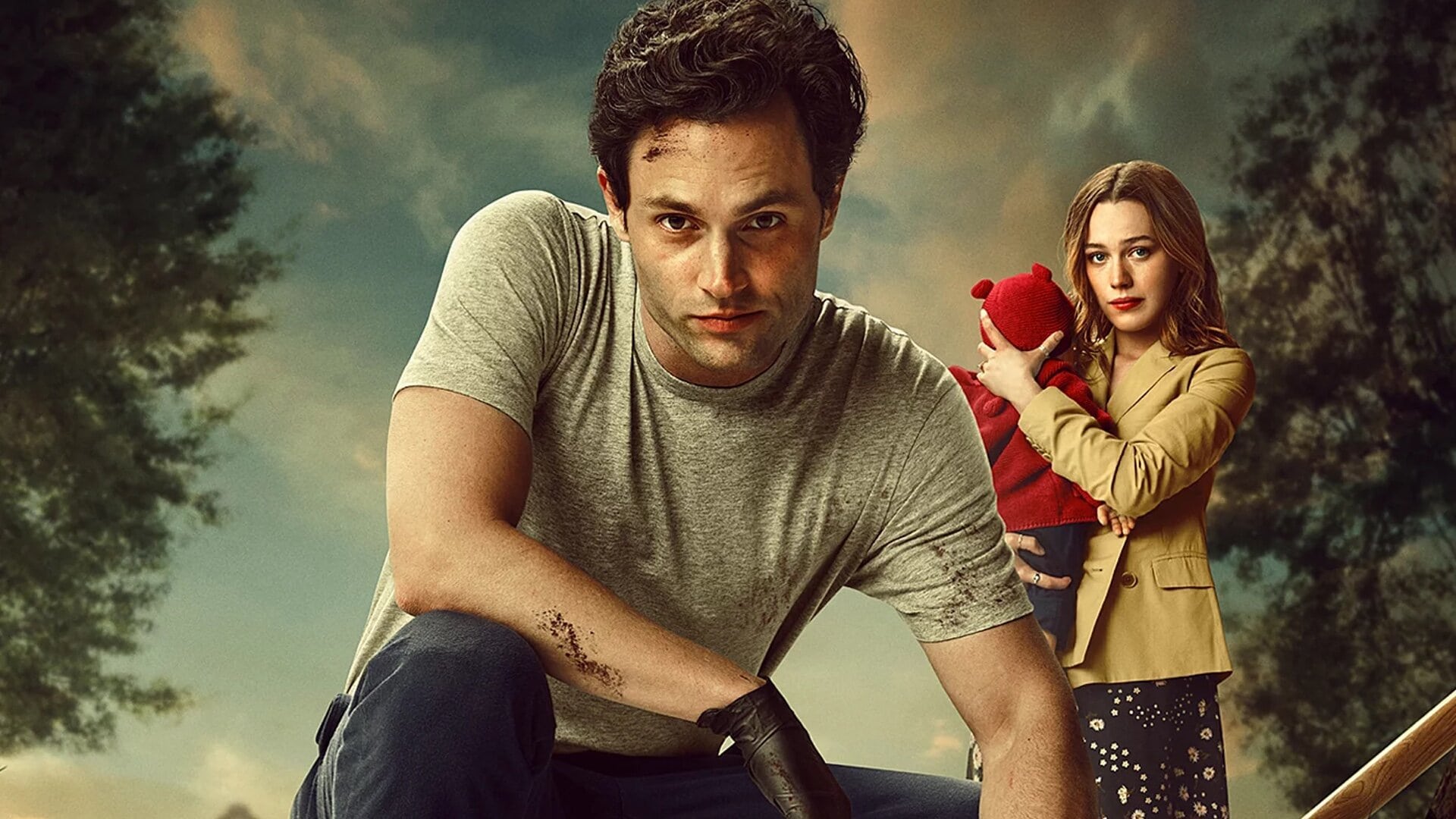
They usually have a strange and inordinate capacity for endurance, for cleverness, for outwitting others. The one they are unable to outwit is themselves. And it is critical that we see that.
‘Wherever you go, there you are.’
Antiheroes are the flip side of any story. They are the unrepentant hero who cannot see, refuses to grow, is unwilling to learn.
Own the ending
The challenge with modern stories is that they end too soon. They end before justice is served. Or they don’t stick the landing, the way ‘Billionaire Boys Club,’ ‘Startup’, Hamlet, and the ‘Godfather’ do.
That’s one reason why Tolkien crafted his consummate antihero, his inverse-Aragorn character, Turin Turambar. He was meant to model all of Aragorn’s greatest weaknesses.
Turin flees his family, his responsibilities, his identity. He isn’t bound to any culture, to any morals, to any real life. And he is constantly hunted and haunted by karma and cruel beast like. His routine blindness leads him to terrible choice after choice. His unwillingness to harness himself and master his weakness results in the deaths of myriad innocents. Even his victory over Glaurung is spoiled by a horror that leads to his end.
I’ve learned Tolkien had an addition to Turin’s terrible story, and it ended in the Halls of Valinor. Basically, Heaven. Turin served a sentence and was awarded bliss with his forbears. The entire arc of the story was to show that this life is only part of a greater one, and that we continue after death, and can redeem our lives.
Where does this leave us as Catholic Authors?
I think I’ll quote Jaskier, who makes a comment to Yennefer in S2:E4 of ‘The Witcher’:
“Once upon a time, I would have used this opportunity to call you an empty, lonely, power hungry she-demon, but I’m an artist, Yennefer. It’s my job to put myself in other people’s shoes.’
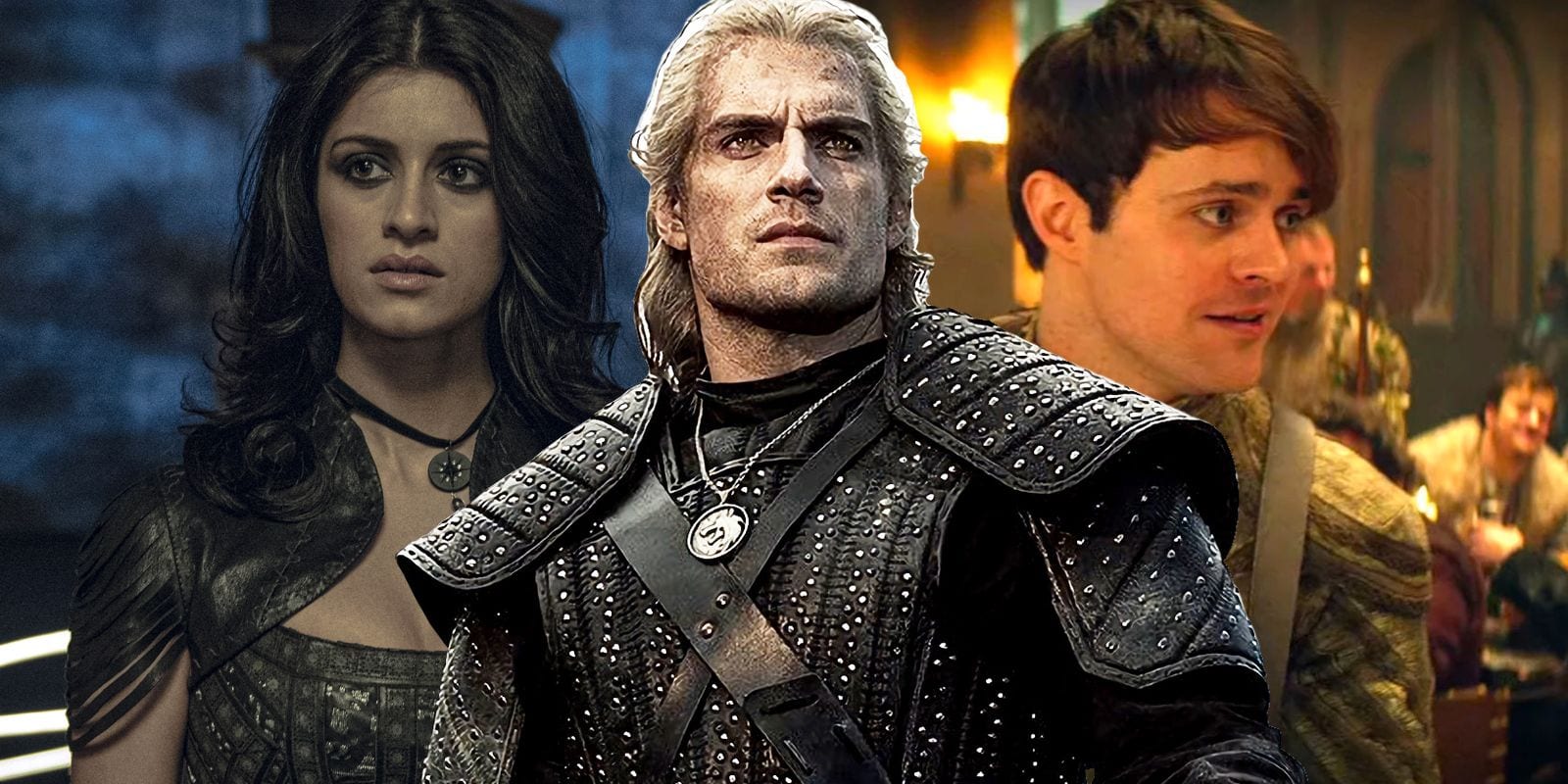
Whether we write antiheroes, or engage with them in popular culture, we bring a unique insight.
We recognize that ‘there go I, but not for the grace of God, but for my own grit to hold fast to his grace.’
Ps: Game of Thrones is a bit of an exception. Not so much ‘antiheroes’ as ‘flawed heroes.’

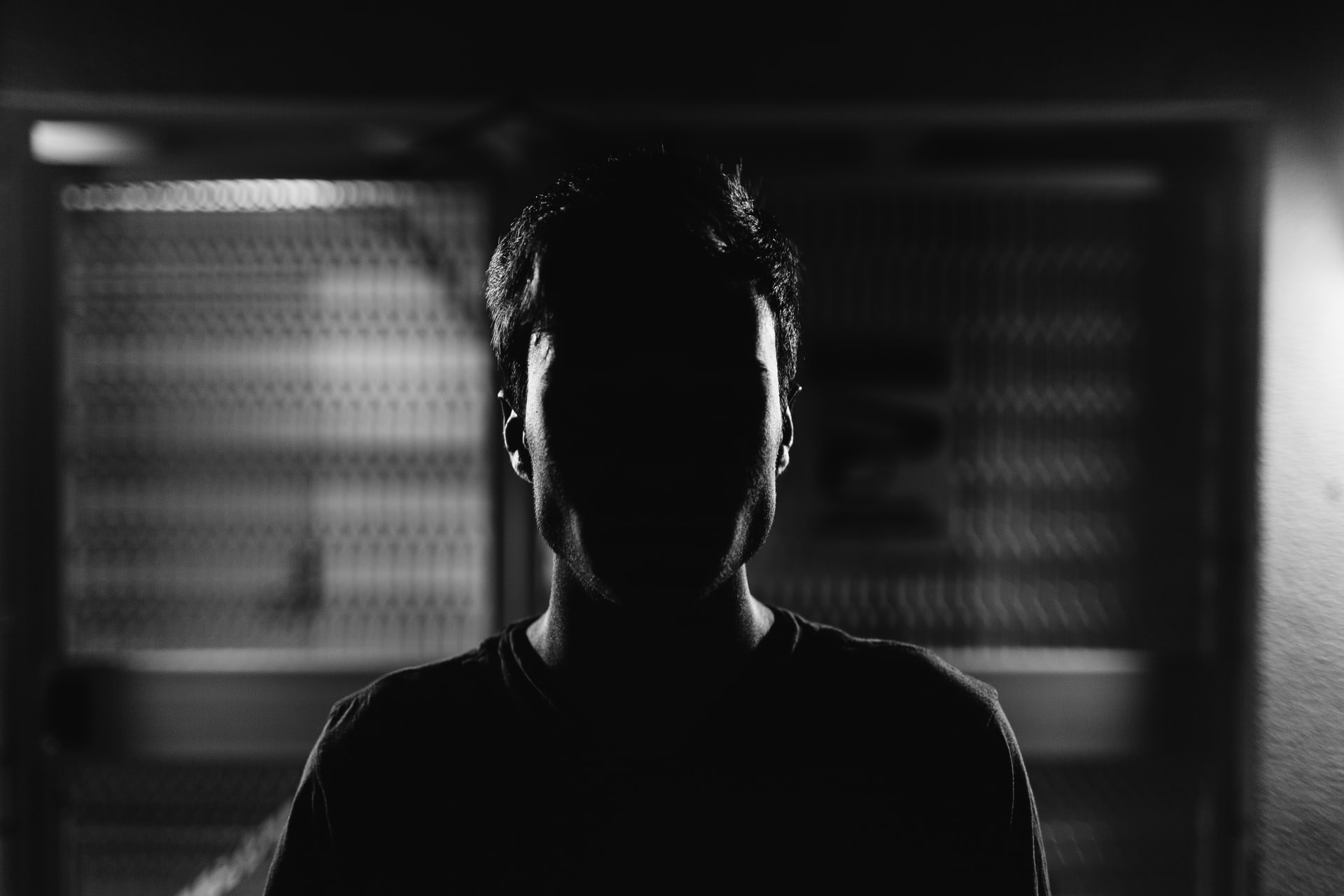
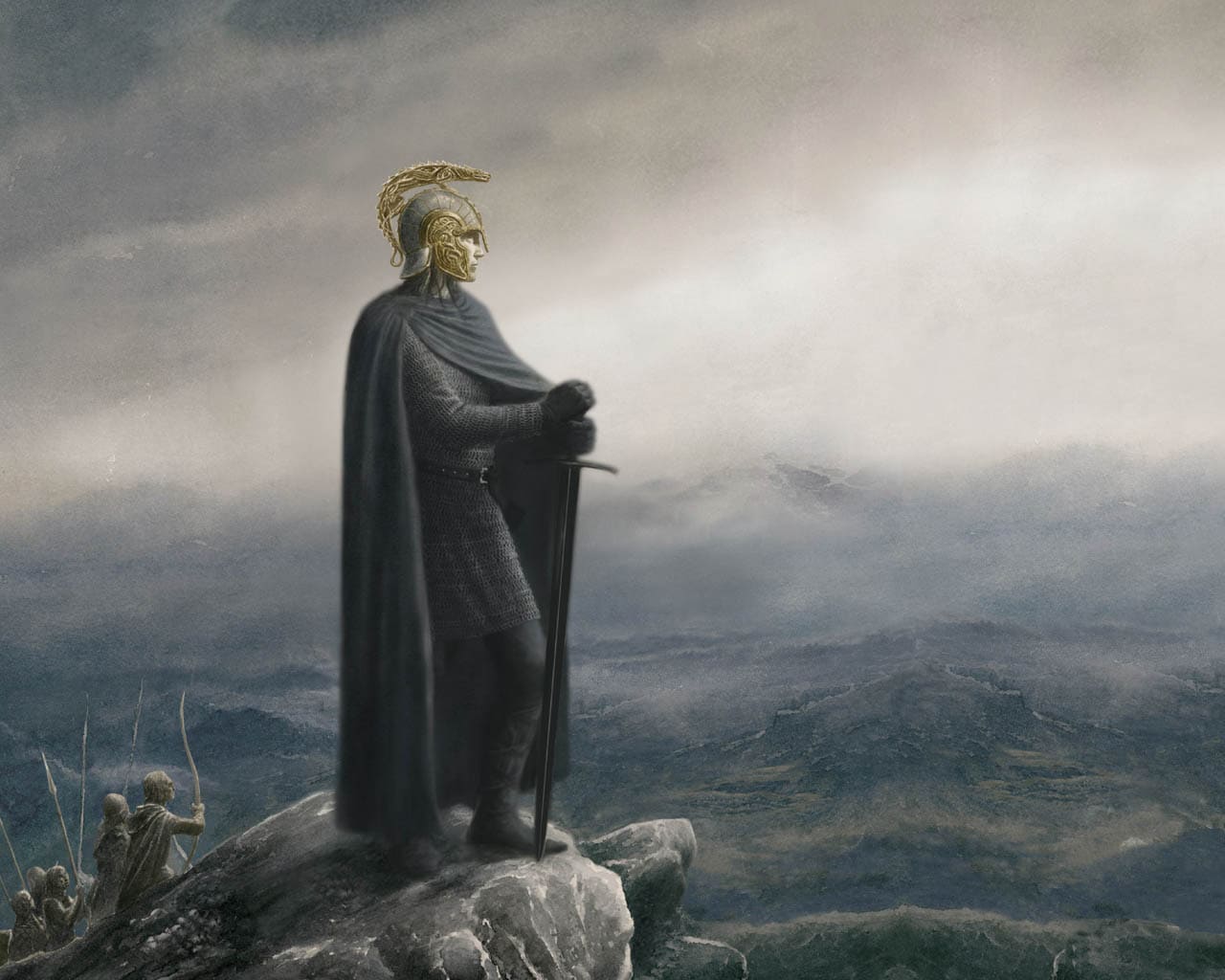
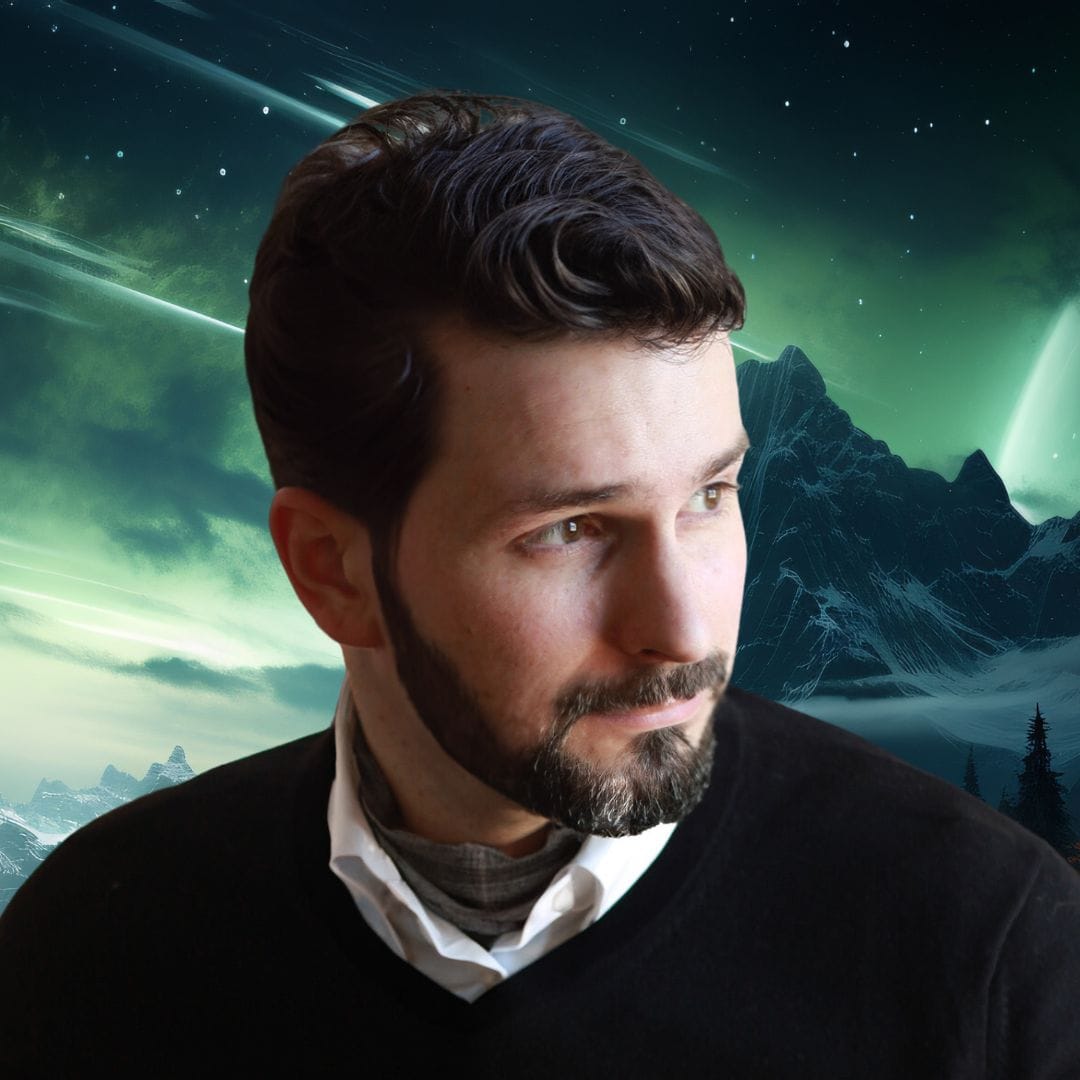
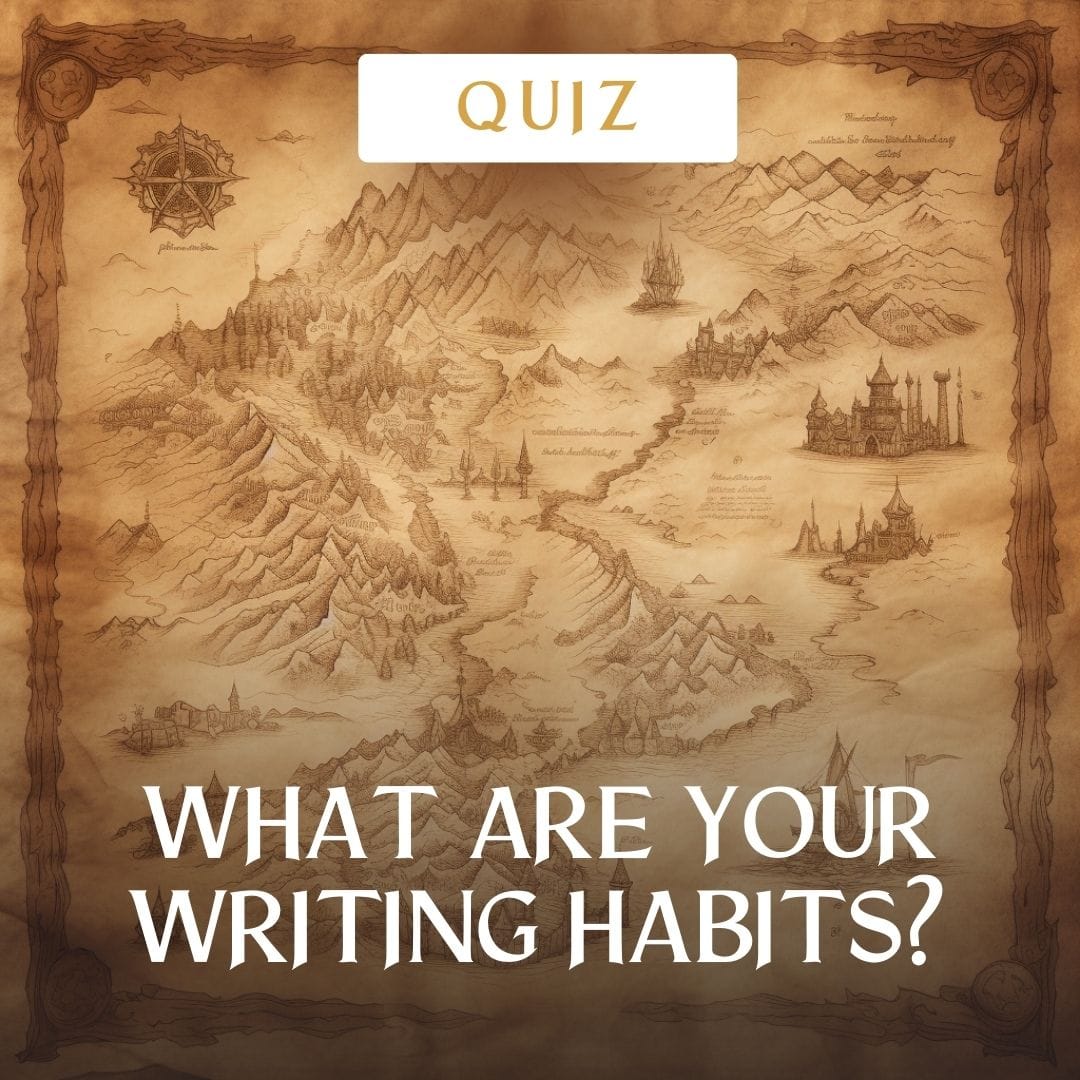
0 Comments